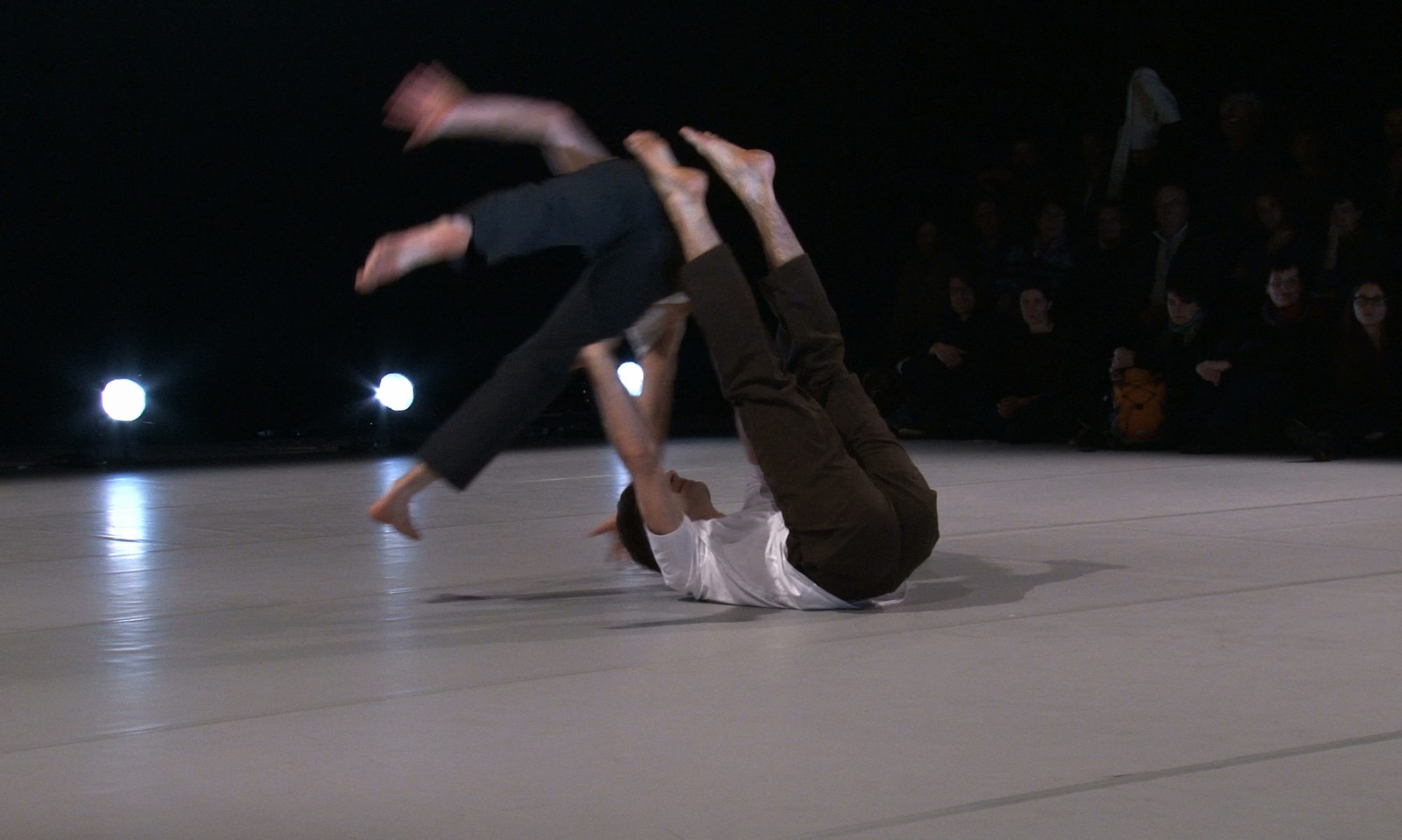ambitempophobia
preterperformant
tritheal
nontempoward
microkinespherotomy
nonstructive
created by http://www.kidsthesedays.com.au/soda/wasswasswass/word-generator.php

the philosophy of movement
ambitempophobia
preterperformant
tritheal
nontempoward
microkinespherotomy
nonstructive
created by http://www.kidsthesedays.com.au/soda/wasswasswass/word-generator.php
joyous anatomical movement, just any movement, justify all motivations, just anatomical motivations, juried anatomical motivations, joint articulated motion, jointly arranged motifs, judiciously articulated meaning, juxtapose all meaning, jettison any meaning.
as with any jam, combine the known variables to suit your needs in the moment
reflection (noun):
what i reflect on.
It could be argued that dance has its origins in emotions. Movement (dance) coming from the need for survival (Sheet Johnstone 1966). The need to move towards food, towards mother, away from danger, predator, fire, etc. Similarly food could be seen as the stuff that satisfies the need for nourishment.
Food, however, has ceased to be simply nourishment. Think of all the cooking shows, and kinds of food that people eat that have little or no nutritional value. Food as entertainment and enjoyment. Also the food geeks who research how to do different processes and aren’t directly interested in food as nourishment. Think of Nathan Myhrvold, Microsoft’s first CTO, who made that huge cookbook. Food as a means of epistemology.
So why is dance still so heavily associated with movement’s origin, emotion, and seen less as a means of epistemology?

“performance is always performance of something”
“consciousness is always consciousness of something”
“plenty is always plenty of something”
“happiness is always happiness of something”
“poetry is always poetry of something”
“inference is always inference of something”
“singing is always singing of something”
“problematizing is always problematizing of something”
“crying is always crying of something”
“reading is always reading of something”
“need is always need of something”
“hope is always hope of something”
“dance is always dance of something”
“shouting is always shouting of something”
“writing is always writing of something”
“listening is always listening of something”
“wanting is always wanting of something”
“hate is always hate of something”
“sadness is always sadness of something”
“fear is always fear of something”
“lack is always lack of something”
“community is always community of something”
“painting is always painting of something”
“thinking is always thinking of something”
“eating is always eating of something”
“love is always love of something”
Hell
Hell or H E double hockey sticks, the place where the devil lives. The red hot stinky place where the bad people go. Dante had different layers of it for different degrees of evil.
But I am not here to talk about evil, brimstone, or Billy Crystal as the Devil in a Woody Allen film.
I am here to talk about the word hell.
In English, it means the bad place.
In German, it means light, bright, clear or pale.
Hellblau is light blue. Ein heller Morgen… a bright morning…
Mir wird mein helles Haar zur Last –Rilke (my pale hair becomes a burden to me)
In English hell is the bad place and in German hell is light. Hölle is the German word for the bad place.
Who lives in hell? Satan, the devil, also known as Lucifer.
Isaiah 14:12 – “How art thou fallen from heaven, O Lucifer, son of the morning!” (and what is also associated with morning?!? – Lightness, brightness)
2 Corinthians 11:14 – “… for Satan himself is transformed into an angel of light.”
So we have
Hell = Light
Hölle = Hell
Draw your own conclusions
When an event takes places, where does it take it?
Pots = Go